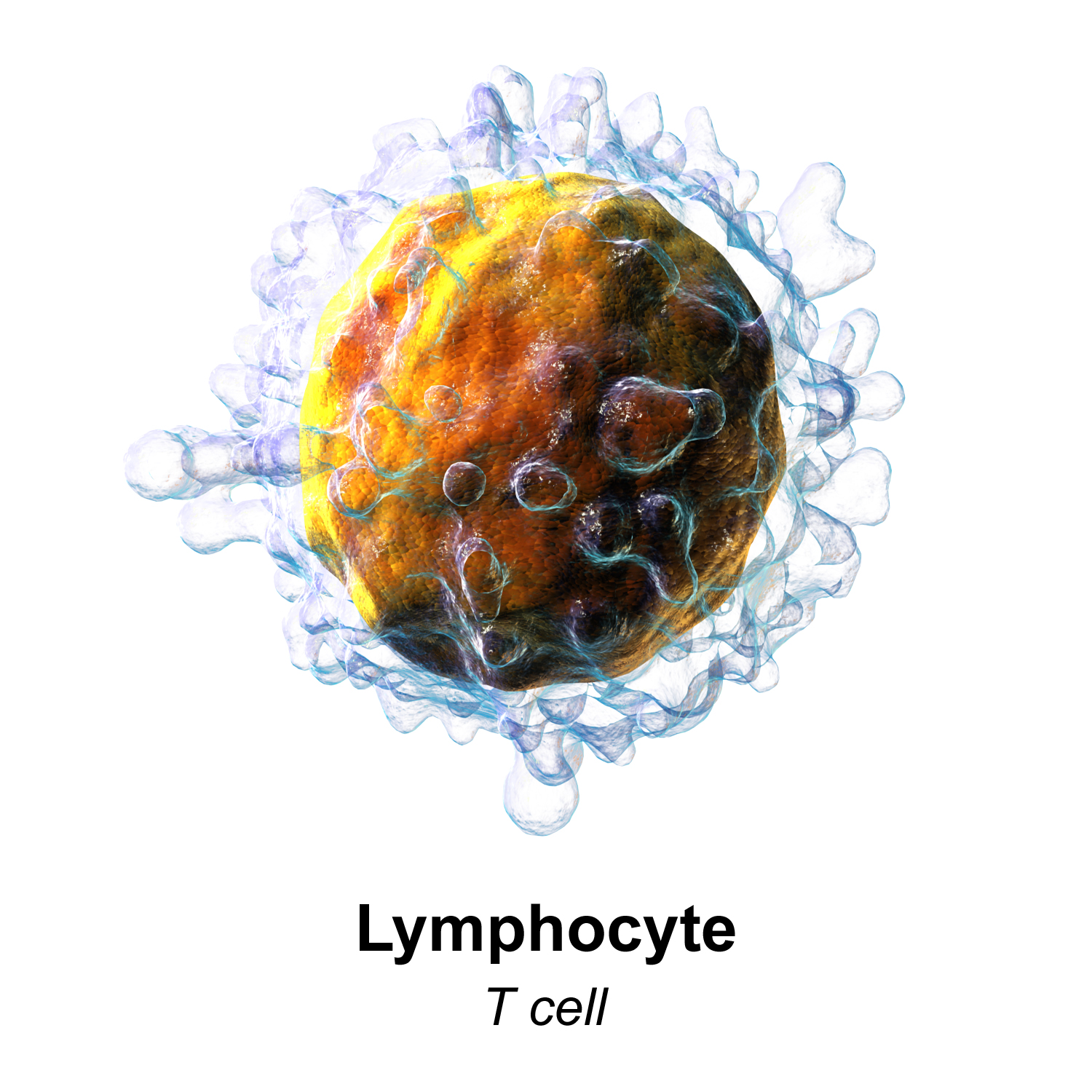 |
One of the things I struggled with was
trying to remember the difference between
T cells and B cells |
Themes and Essential Understandings
This unit was mainly about the integumentary and immune systems of the body, or the "defenders" of the body. Some key themes that were revisited throughout this unit were how certain aspects of our anatomy protect us from the environment or biological invaders, and what physiological ways our body can get rid of disease/prevent disease from happening to us.
Strengths/Weaknesses
Strengths that I had during this unit, in terms of the topics that we were learning, were learning mostly about the various parts of the integumentary system and what methods of defense our body had for things that hadn't entered the body: for example, the existence of secretions like sebum, sweat, and tears and certain parts of our anatomy like skin, hair and nails in order to ward off unwanted pathogens. Some weaknesses that I encountered in this unit were trying to keep straight the often complicated processes of white blood cells and the way that cell-mediated and antibody-mediated immunity differentiated, probably because we didn't have as many literal representations of what we were learning this unit, as there were no labs. As for the ways that I learnt and collaborated during this unit, I think that I improved more on understanding(or trying to) the viewpoints of others, whether in my group or on the opposing side, especially during debates, and becoming a more active participant in group activities overall, as well as during lectures, which I found to be more interesting this unit. Additionally, I think that I was more conscious of the effort that I put into doing both classwork and homework, as the management of the workload this unit for me seemed much better than previously.
What I Learned
From the experience of deepening my knowledge about the protection that our body has against outside factors, I have gained not only a more comprehensive understanding of how our anatomy and physiology help us maintain the utmost health, but also a better sense of information that pertains to many health crises today. For example, skin cancer, which I had not learned much about before, was fully explained in the Integumentary System Notes, and by learning the different types of skin cancer and how to spot melanoma through the ABCD rule, I feel more informed as a future self-sufficient individual on how to handle a situation with this kind of illness. The multiple defenses set up by our body externally and internally against pathogens was also fascinating to me, and learning that our body has protections against most pathogens(non-specific responses) and also protections from individual pathogens that resist the prior levels (specific responses) helped enlighten me on the insurmountable importance of the immune system, relating to things that I have heard others say. As for the debate, I learned more on the topic of the black market for organs that I would have ever known, including facts about organ donation and multiple plans for the future of transplants that would drastically improve rates of receiving a necessary organ; I found that the debate was able to convey as much information as a typical in class lecture, if not more, whether one was sitting and listening to the debates or participating in one, except that it was far more fun and interesting. These activities have made me a better student today than yesterday, by invigorating my interest in topics that I would have normally never thought about, and I hope that I will be able to keep up this rate of academic progress as the school year continues. Things that I would like to learn more about would be the how physical conditions from various maladies would affect the nonspecific resistances that we have(for example, having a dry mouth), and also other ways that sickness can be detected from purely external examination(like of the tongue or skin) because those were things that I was intrigued by in Chapter 5 of the textbook.
How I Learn
On the VARK Questionnaire, the results that I got were 7 for visual, 12 for aural, 6 for read/write, and
 |
I tend to learn aurally the most,
so I should adjust my studying
to that |
6 for kinesthetic, meaning that I have a mild aural learning preference. I was only slightly surprised, since I figured that most of the time, I would rather ask for a person-to-person explanation if I had a question, and I really like to talk things out with others/review through quizzing with another person; however, I had expected my kinesthetic score to not be that low, considering that if I am being taught any kind of choreography for color guard, I need to try it myself while it is being taught. Currently, I ask a lot of questions in class if I am ever confused, whether that be to any of my teachers or peers that I feel know the answer, and continue to quiz others(and vice versa) prior to a test in order to determine what I need to review more. I also tend to read and take notes over anything and everything that we learned, since apparently writing things down improves memory of those things. Things that I could do more to study better might be going over podcasts or, in some cases, trying to draw out visual representations of things that I need to know and creating graphic organizers to gather all the information that I have learned in a comprehensive manner.
BAutomation. Listening/Aural Learning Icon. Digital image. Wikimedia Commons. N.p., 13 Aug. 2014. Web. 2 Dec. 2016.
Blaus, Bruce. T cell. Digital image. Wikimedia Commons. N.p., 30 Sept. 2013. Web. 2 Dec. 2016.

